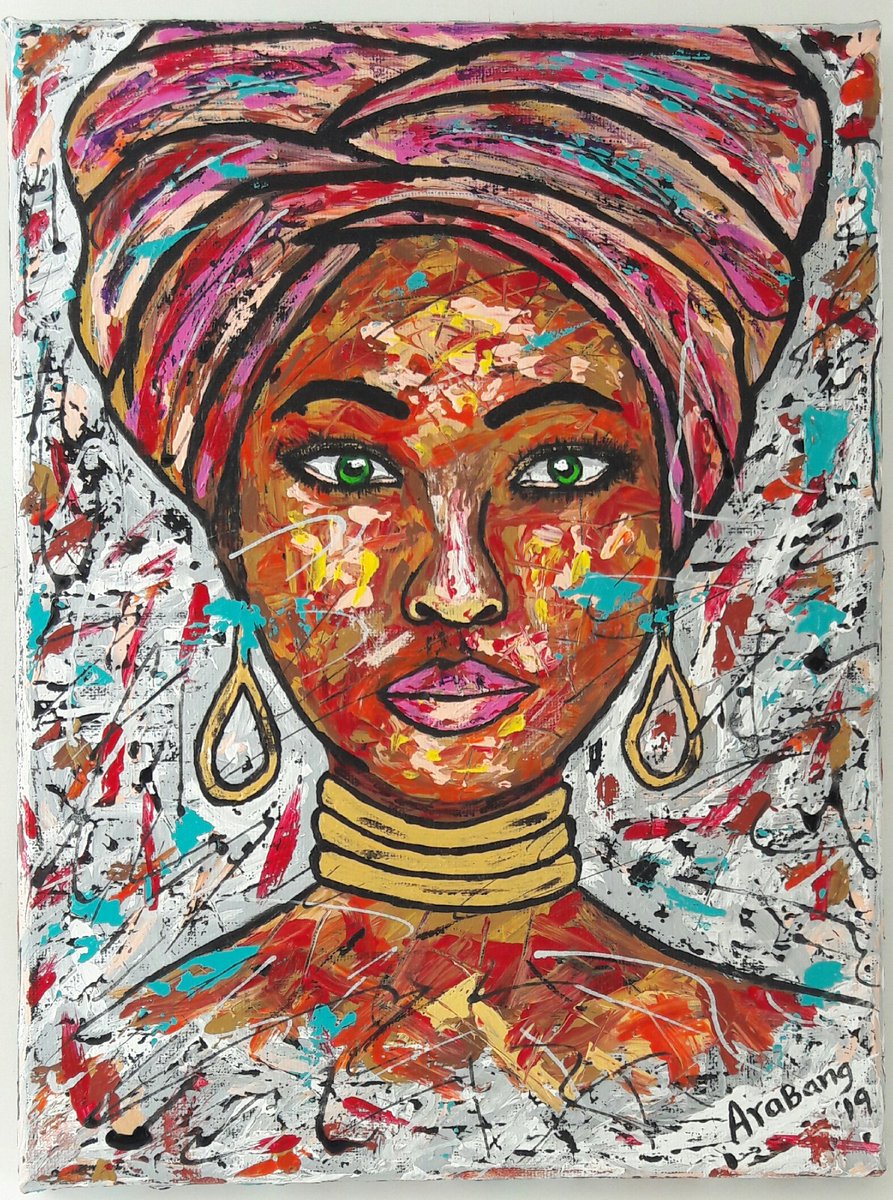By Johnathan Paoli
Deputy President Paul Mashatile has emphasised the importance of celebrating South Africa’s rich cultural heritage while acknowledging the challenges posed by climate change, historical injustices and continuing inequality.
Mashatile, in his capacity as acting president, delivered a keynote address during the commemoration of Heritage Day at the Meqheleng stadium in Ficksburg in the Free State on Tuesday.
Reflecting on the significance of Heritage Month, which coincides with Tourism Month, he encouraged South Africans to showcase their cultural diversity and the potential of heritage sites as tourist destinations.
He underscored the economic and social benefits of these sites, which could foster unity and contribute to socio-economic development.
“On this day, we should also celebrate our cultural diversity, our inherited sense of family identity, our traditions, cultural wealth and artefacts passed down through the generations, particularly since the dawn of democracy,” Mashatile said.
As the nation marked 30 years of democracy, Mashatile paid tribute to the heroes and heroines who fought for freedom, urging citizens to remember their sacrifices.
This year’s theme, “Celebrating the Lives of Our Heroes and Heroines Who Laid Down Their Lives for Our Freedom”, was highlighted as a fitting tribute to those who confronted adversity and injustice.
Mashatile reiterated the importance of the Constitution’s preamble, which called for recognition of past injustices and the establishment of a society grounded in democratic values and social justice.
He emphasized the need to preserve the memory of struggle icons and to educate future generations about their contributions to freedom.
“It is because of their bravery, resilience and resolute commitment that we have a brighter future for generations to come,” he said.
A homecoming ceremony will be held on Friday, to repatriate the remains of struggle stalwarts from Zambia and Zimbabwe, including Duma Nokwe, Florence Mophosho and Basil February.
He said the event formed part of the Resistance and Liberation Heritage Route Project, aimed at commemorating the country’s journey to freedom.
Mashatile also addressed pressing issues facing the nation, including unemployment and gender-based violence.
He called for collaborative efforts among government, civil society and traditional leaders to combat these challenges and foster a more equal society.
“We must not let anybody conceal evil acts of abuse under the guise of one’s belief system and culture. It has to be said that no nation can condone any form of abuse against women, children and those most vulnerable within society, including the LGBTQIA+ community,” Mashatile said.
He emphasised the need for community involvement in protecting heritage resources, particularly in preserving historical sites.
“It is through understanding and celebrating our shared heritage that we can begin to bridge the gaps that divide us and move forward as a united and inclusive society,” the deputy president said.
Mashatile urged all South Africans to educate the youth about their cultural heritage, promoting understanding and respect for diverse traditions.
Highlighting the significance of language as a vital component of intangible heritage, Mashatile encouraged the learning of indigenous languages to enhance cultural appreciation and mutual respect among communities.
In closing, he reminded citizens of the sacrifices made for their freedom by former president Nelson Mandela and others in uniting the country despite its past.
“When our first democratically-elected government decided to make Heritage Day one of our national days, we did so because we knew that our rich and varied cultural heritage has a profound power to help build our new nation,” he said.
Mashatile’s address serves as a powerful reminder of the importance of unity, cultural preservation and the ongoing commitment to building a more inclusive society for all South Africans.
INSIDE POLITICS

